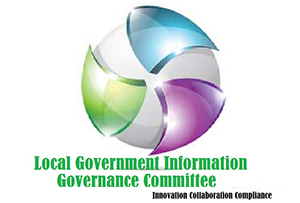 If your Manager asked to to explain “data literacy” could you?
If your Manager asked to to explain “data literacy” could you?
Could you call yourself a “Data Analyst, Data Scientist, or Data Professional”?
Interesting thought.
Records professional have been working with data and information for many decades and even longer.
Advances in technology has created a world increasingly dependent on data, and the skill of data literacy no longer falls to a select few.
Data professionals are too few, and the opportunity is ripe for records professional to come forth to take up the baton. We have the opportunity to lead a data literate workforce.
The moment is now to hone our data literacy skills to further our ability to read, write, analyse and comprehend data and translate it to meaningful assets of our organisation.
As Jane Crofts points out in the referenced article “There aren’t enough data scientists, engineers or analysts to go around, and the demand for data professionals isn’t going to slow down either…”
“…Once data literacy has been established as a priority for the business, the key to building it across the organisation is to measure current levels, map a pathway, and develop people’s capabilities.”
This is something that Cardinia Shire Council is actively implementing, and has been for over a decade now. Our Records Team have morphed to a Data Team and Information Services is a mix of traditional (not so traditional) records professionals and technology professionals who collaborate and work hand in hand every day. It is not just the way of the future, it is the way of now.
I think you will find this article enlightening and helpful. We welcome conversation on this topic in future membership meetings. Let us know if you want us to delve deeper and bring in speakers on this topic, including programs that help us journey into this space more effectively within our own organisations, or for that big next career move.
As the article says, “With the age of digitalisation, organisations need to quickly recognise the value of data literacy. While these skills provide a huge competitive advantage and potentially huge returns for businesses, they must also be leveraged as a point of empowerment for employees because what lies at the core of this strategy is people.” Not only do our organisations need to consider this, we records professionals need to advocate for ourselves as the answer to what our organisations need.
